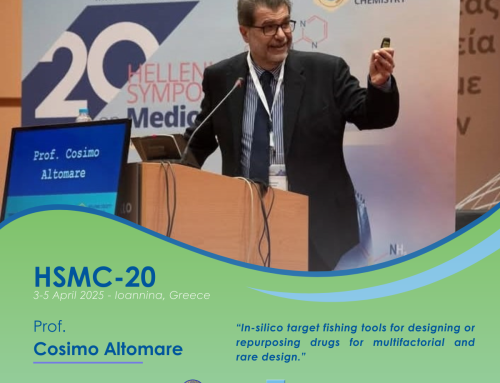
On 21 -22 June 2018 a workshop co-organised by the European Medicines Agency (EMA), the Japanese Pharmaceuticals and Medical Devices Agency (PMDA) and the United States’ Food and Drug Administration (FDA) took place at EMA’s premises in London to discuss the development of antibiotics for children.
It provided an opportunity for international regulators to explore with medicine developers, clinicians and clinical trial investigators, clinical development plans that would allow for the timely development of antibiotics for children and discuss a regulatory pathway for their approval.
In light of the emergence of antimicrobial resistance as a major global public health threat, there is an urgent need to develop new medicines to treat infections caused by bacteria that have become resistant to most antibacterial agents currently available. As paediatric development often takes several years after initial approval of medicines in adults, timely planning and conduct of fit-for-purpose paediatric studies is key to generate sufficient evidence to allow regulatory decisions and ultimately timely access to antibiotics for children who need them.
During the workshop, the new challenges with conducting trials in children and studies in newborn babies as well as the extrapolation of safety and efficacy data have been highlighted to optimise the involvement of children in clinical studies.
Moreover, the workshop allowed EMA to gather further feedback on its ‘addendum to the guideline on the evaluation of medicinal products indicated for the treatment of bacterial infections to address paediatric-specific clinical data requirements’. The document, which is out for public consultation until end October 2018, will provide specific guidance on paediatric clinical development programmes to support the authorisation of antibiotics for children.



